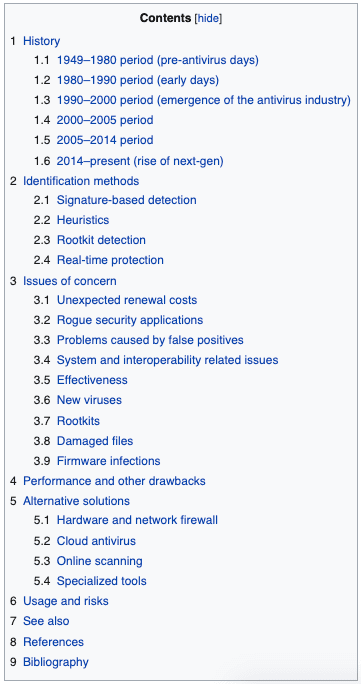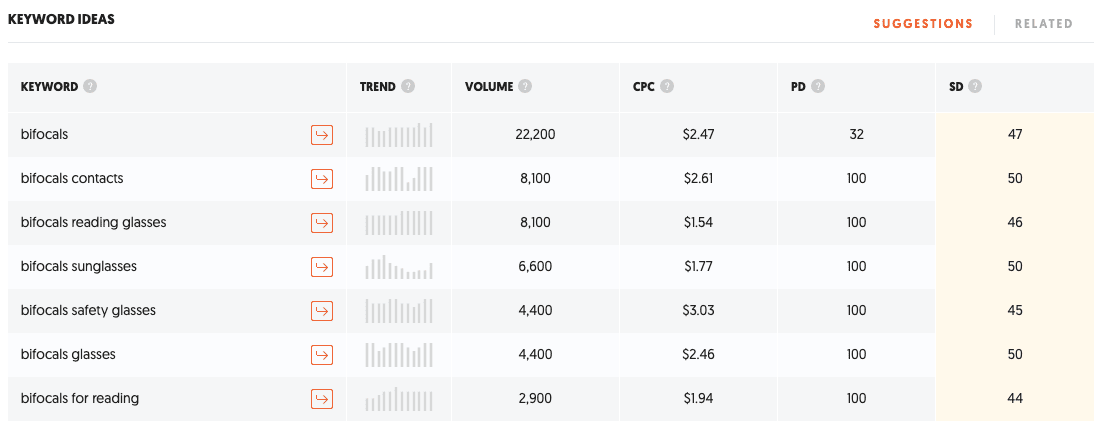You find it written everywhere lately: “Keywords don’t matter much anymore.” I asked a friend — who eats analytics for breakfast and snacks on SEO all day long — “Whatcha’ think about that man?” He smirked. Then he turned toward his massive monitor, typed “g-o-o-g-l-e-(.)-c-o-m” on his keyboard. The ubiquitous page with the familiar multi-color logo and single blank field popped right up.

He turned back to me and said, “What do I do now, Barry?” His point was pretty clear.
However all-powerful the search engine that changed the world may be, it can’t yet read your mind. Whether you choose to type or talk, you tell it what you’re looking for with a string of words.
Notice I wrote, “string of words.” I meant to suggest three, four, or more, words. These searches have come to be known as “long tail” and represent the majority of searches. It’s also important to note long tail keywords, being more specific than one- or two-word searches (or “head” keywords), have proven to deliver superior conversion.
To illustrate, consider “acoustic guitar” vs. “used Taylor 12-string acoustic-electric guitar.” It seems intuitive the longer, far more specific term suggests the searcher has a better idea of the product he seeks and is therefore closer to reaching for his wallet. Research consistently provides confirmation.
Perhaps an even more important reason long tail keywords enter the SEO discussion so often is because as an online marketer you have a remarkably higher chance of earning page-one search results by developing content targeting the lengthier phrases. The “big fish in a small pond” metaphor applies.
By strategically implementing long tail keywords, you’re far more likely to rank high, attract the audience you desire and show motivated prospects the way to your website.
Your challenge is to identify the right long tail keywords
How do you do this?
Almost anyone you ask will immediately cite Google Keyword Planner, a tool made available for free to anyone who registers for an account. As advertised, Keyword Planner will provide keyword ideas and traffic estimates. However, it’s a safe bet to assume your competition will be using the very same tool, get served the same data and are likely to make similar decisions. gaziantep escort
Consider the advantage you’ll seize if you’re able to identify untapped long tail keywords the competitors in your niche don’t know about or use.
The roads less traveled
Understand, Google Keyword Planner isn’t all that great about delivering new keyword ideas. The keywords you’re shown are, of course, tied to the term you enter and that’s that. However, if you want to explore the roads less traveled by competitors, it’s time to try smart, alternative ways to find niche keywords.
According to Keyword Research: The Definitive Guide by Backlinko, your goal is to identify niche markets, subsegments of larger markets. The guide explains you begin by brainstorming topics that people search related to your industry.
Maybe this type of exercise will come easy to you. Maybe it won’t. The good news is there are quite a few useful hack-like approaches that will serve you well. And in fact, while niche hunting, you’ll find you’re conducting market research and getting inside the minds of your customers.
Start with Wikipedia
Maybe you curse Wikipedia for dominating page-one Google results the way it does, but check this out. I entered “antivirus software” in Wikipedia.

The table of contents shows a plethora of related terms the Keyword Planner is unlikely to: “signature-based detection,” “rogue security applications,” “hardware and network firewall.” These could be niche keywords worth considering.
And that’s just the table of contents. The long, detailed article on the topic introduces hundreds of related terms, most of them linked to additional resources. For instance, I clicked “intrusion detection systems” and related ideas came flying at me.
Find common questions on forums
When your goal is to crawl inside the mind of customers and gain insights into topics being discussed in your niche, snooping around in industry forums can be enormously informative.
I did a search for “digital printing +forums” and selected the listing, “Digital Printing Discussion – Print Planet.” Bingo. The forum site presented 26,878 threads.

Source: Print Planet
Many forums are subdivided into a long list of niche markets. Print Planet, for example, included forums specifically for prepress and workflow, post press and binding, ink and substrates, wide format, etc. Each niche within the niche included a ton of threads ideal for mining long tail ideas.
Just start typing in Google
Google and other search engines attempt to anticipate your search needs based on user history. As you see here, “home remodeling” invoked a plethora of related ideas.


After performing your search, be sure to scroll to the bottom of the page where you’ll find an additional, usually longer, list of suggested keyword strings. Some are related ideas, but don’t include the exact words entered, such as “bathroom” and “additions.”

How-to sites are keyword epicenters
Sites like eHow and wikiHow can be a keyword goldmine. They attempt to rank for long tail keywords with highly targeted content. I put myself in the mindset of a massage therapist and simply searched “massage.” The following is a small sample from the many pages served.

Source: eHow
You might say, “Yeah, but with the might and technology behind the eHow site, I’ll lose the battle to them.” Perhaps not. In a helpful e-book from Wordstream, How to Find Your Most Cost-Effective Keywords, the author explains eHow’s content tends to be produced on the cheap and therefore, is often lame. Considering the many changes Google has made in recent years to favor deep and informative content, it’s possible, even with minimal domain or page authority, you can create superior content to rank on the first page.
Try Q&A sites
The keyword hunting strategy I explained above where you tap into forums can also be applied on question-and-answer websites including:

Source: Quora
On Quora, I searched for “Facebook advertising” and found a question about “advertising mobile apps” among a very long list of questions. The answers, too, provide helpful hints. For instance, the first answer for the first question above included “generate installs through Facebook ads.”
If you like this strategy, check out these tips for using Quora as an SEO idea source.
Übersuggest is free and fab
Übersuggest is a free tool that suggests a massive list of keywords for just about any term you enter. I tried “bifocals.”

Source: Übersuggest
Happy hunting
If you take just one idea away from this post, let it be this: Long tail dominates Google search activity and every form of search.
Armed with an understanding of this reality, take a smart approach by finding niche keywords. Dig deep to uncover real-world jargon. Try some or all of the six approaches I’ve suggested. Identify long tail keywords to inform your content development. Publish the best page on the web for the phrases you’ve chosen and we’ll see you on page one.
If you need help making that happen, we’re here for you.
This post was originally published by Barry Feldman on November 11, 2014, and was updated by Abby Smith on June 27, 2019.


